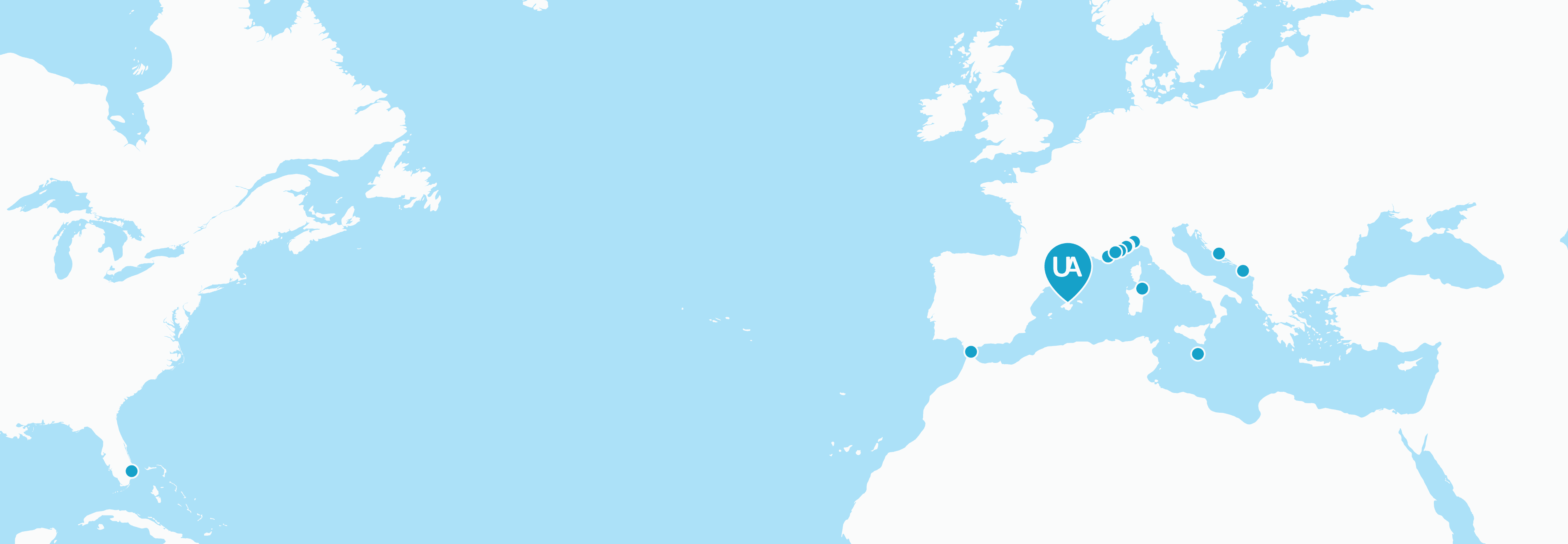2nd May 2019
Financial tips before you turn 30
There are a number of key steps you can take before you turn 30 to take charge of your financial future. Sorting out your financial independence already might seem premature but our top tips show why sooner really is better than later.
1. compound interest (less is more)
“Compound Interest is proof of Gods existence”
Jeff Rich
Whilst we make no claims of a link between compound interest and the divine, it is what makes saving early in life a really interesting proposition:
If you started saving €300 a month today and continued saving the same amount for the next twenty years, you will have put away €72,000.
If this went into an account that earned you 5% interest each year, after twenty years you will have accumulated savings worth €124,989.
But suppose you want to delay saving, maybe hold off for another eight years because you’ll be earning more and can afford to save €500 a month.
With the increased premium, you’ll save €72,000 in twelve years and, with the same 5% rate of interest, your balance will be €90 015; a decent total, but still €35,000 less than if you started saving earlier.
This is how compound interest works and why saving for your retirement, investing in funds, or saving in a high-interest account, pays off as a long-term investment strategy. This is why starting to save early is our top financial recommendation.
2. Forearmed IS FOREWARNED
“To be prepared is half the victory”
Miguel de Cervantes
None of us like to think we’ll be affected by illness in the prime of youth, but these misfortunes inevitably hit a small percentage of the population, with most people caught unawares.
Many will have, sensibly, secured themselves a life insurance policy to protect against the very worst happening. Few, however, will have thought about critical illness insurance and protection. This is about more than just covering medical bills and loss of earnings from that heli-skiing accident; it is important financial support for sufferers of serious conditions like, for instance, breast or testicular cancer.
With modern medical practice, survival rates in young people are incredibly high. But, being without earnings can take its toll both financially and emotionally. This is why it is so important for crew to consider their insurance requirements when they start working.
Every Little Helps
“Great things are done by a series of small things brought together”
Vincent Van Gogh
Making small changes in your spending patterns when you’re young can represent significant changes to your financial landscape when you are older. Take, for example, your morning smoothie at €2.50:
- Average working days a year = 261
- Over 10 years = €6,525.0
- Had you invested it at 2% compounded annually = €7,144.69
OK, so maybe morning smoothie/coffee is non-negotiable but, ask yourself, is there anything else in your life that you spend money regularly on that could be substituted or given up? Given that you have meals provided, what else could you change? Do you spend money because you can, rather than because you want to?
Get the right rate
“An investment in knowledge pays the best interest”
Benjamin Franklin
In the same way saving early matters, getting the best return on your investments when you are younger also has a cumulative effect. The better the rate, the better the effects of compound interest!
This is why it’s worth formulating the questions you need answers to and spending time investigating the various options available to you:
- Does your bank offer you a regular savers rate?
- What are your current returns on your pension scheme?
- Are you benefitting from the tax-free saving options available to you?
Speak to your bank or financial adviser about your current returns and check they are the best on the market for your needs. When you are thinking about rates you are also going to want to consider your appetite for risk. If you are new to investing you can learn more about risk here in our blog.
Know what you want
“If you don’t know what you want, you end up with a lot you don’t”
Chuck Palahniuk
Knowing what you want for sure isn’t always possible in your thirties, but you can start to plan financially for what you think you might need in the future.
Whilst you may be a little vague on the details there are probably key factors you have already considered.
If you haven’t thought past tomorrow, here are some ideas to get you started:
- Do you want to own your home? If so, at what age?
- Is early retirement a key goal for you?
- Would you like to start your own business?
- What is the minimum you can live on? How does this differ to living on shore?
- Are your lifestyle expectations flexible?
- Do want kids? To what level do you see them being educated? Do you want to save toward this?
You don’t need to know your exact retirement age, or how many hypothetical children you want. However it is important to think about how you’d like life to look and feel in the future.
To project the best version of life for the future you, begin by asking yourself what matters most. This might include; a house, a family, a particular car, early retirement, or perhaps that ultimate trip around the world?
Each person has different priorities and motivations, and it’s worth taking the time to reflect on what this looks like for you. It will help you select the best options and direction for you.



